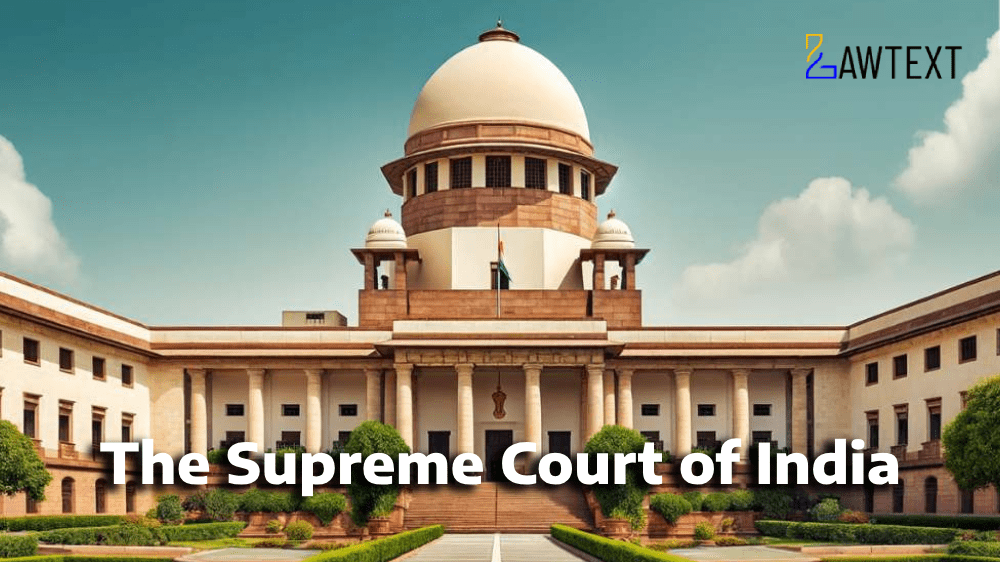CASE NOTE & SUMMARY
- Principles of Natural Justice: Breach of natural justice alone is insufficient for setting aside disciplinary action if the misconduct is proven with adequate evidence.
- Standard of Proof: Criminal acquittal is irrelevant in disciplinary proceedings as the evidentiary standards differ.
- Proportionality in Penalty: A bank manager’s misconduct was punished with a minor penalty in light of his unblemished career and admitted pressure during the service.
Factual Background (Para 1–3)
- Employment and Charges: The respondent, a bank manager, was charged with misconduct, including fictitious debits, exceeding credit limits, and unauthorized withdrawals, tarnishing the bank's image.
- Disciplinary Inquiry: Inquiry confirmed the charges, leading to dismissal under the Syndicate Bank Officer Employees’ (Conduct) Regulations, 1976.
- Judicial Interventions: The High Court reinstated the respondent, citing natural justice and lack of evidence.
Submissions by Parties (Para 4–11)
- Appellants’ Arguments: Alleged breaches were proven by the respondent’s admissions and documentary evidence. Precedents emphasize judicial restraint in reviewing adequacy of evidence.
- Respondent’s Defense: Highlighted clean service record and claimed procedural unfairness and disproportionate punishment.
Court’s Analysis:
- Admitted Misconduct (Para 12–13): Respondent admitted to misappropriations, claiming recovery of amounts and attributing errors to workload pressures.
- Principles of Natural Justice (Para 16, 22): Disciplinary inquiry upheld fairness, with ample documentary evidence and opportunity for cross-examination.
- Higher Standards for Bank Officers (Para 17): Misconduct by bank officials is critical due to their fiduciary role.
- Proportionality in Penalty (Para 24): Considering the respondent’s career and circumstances, dismissal deemed excessive; penalty modified.
Acts and Sections Discussed:
- Syndicate Bank Officer Employees’ (Conduct) Regulations, 1976: Regulations 3(1), 24, and 4(e) (minor and major penalties).
- Constitution of India, Article 226: Judicial review of disciplinary proceedings.
Ratio Decidendi:
The Supreme Court reaffirmed that:
- Disciplinary inquiries are distinct from criminal proceedings, requiring only “some evidence.”
- Penalties must be proportional, considering the gravity of the misconduct and the employee’s service record.
Subjects:
Banking discipline, proportionality in punishment, judicial review of disciplinary action.
Disciplinary Proceedings, Bank Fraud, Proportionality, Natural Justice, Banking Conduct Regulations.
Citation: 2025 LawText (SC) (1) 210
Case Number: CIVIL APPEAL NO. 6327 OF 2024
Date of Decision: 2025-01-21
Case Title: THE GENERAL MANAGER PERSONNEL SYNDICATE BANK & ORS VERSUS B S N PRASAD
Before Judge: (Abhay S. Oka J. , Augustine George Masih J.)
Appellant: THE GENERAL MANAGER PERSONNEL SYNDICATE BANK & ORS
Respondent: B S N PRASAD

